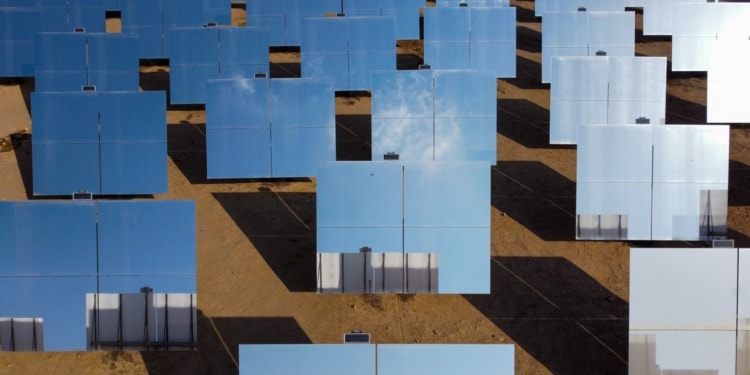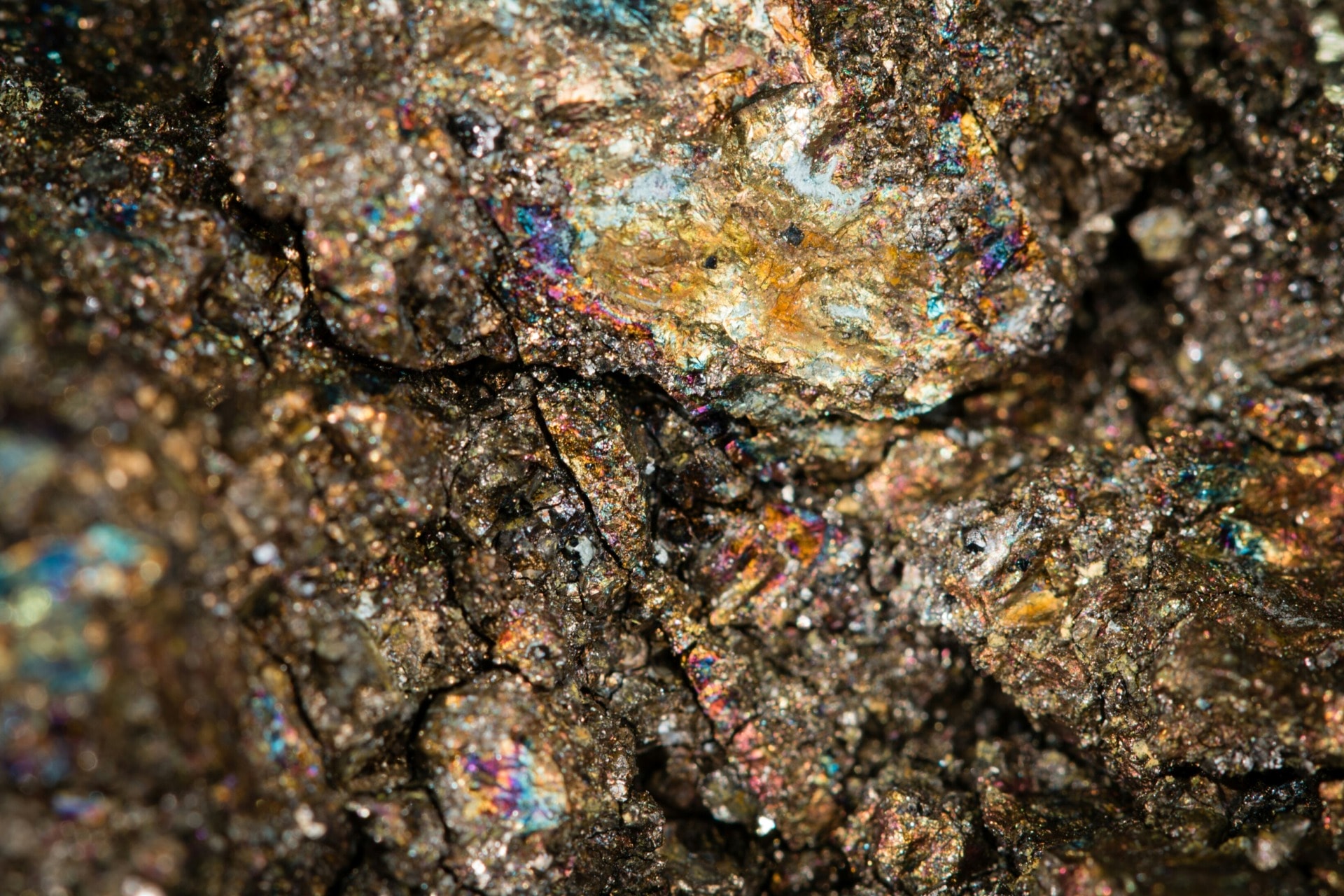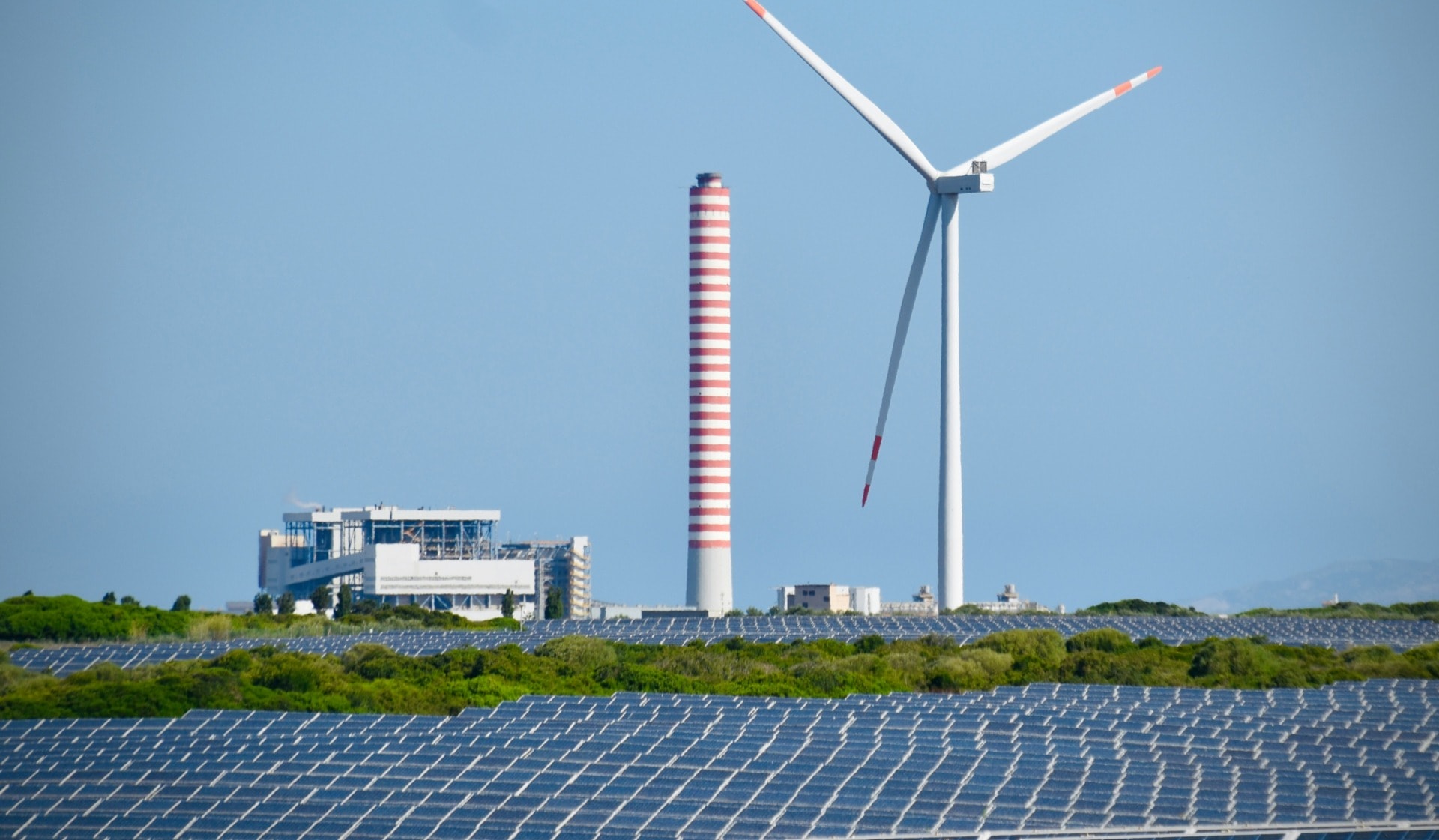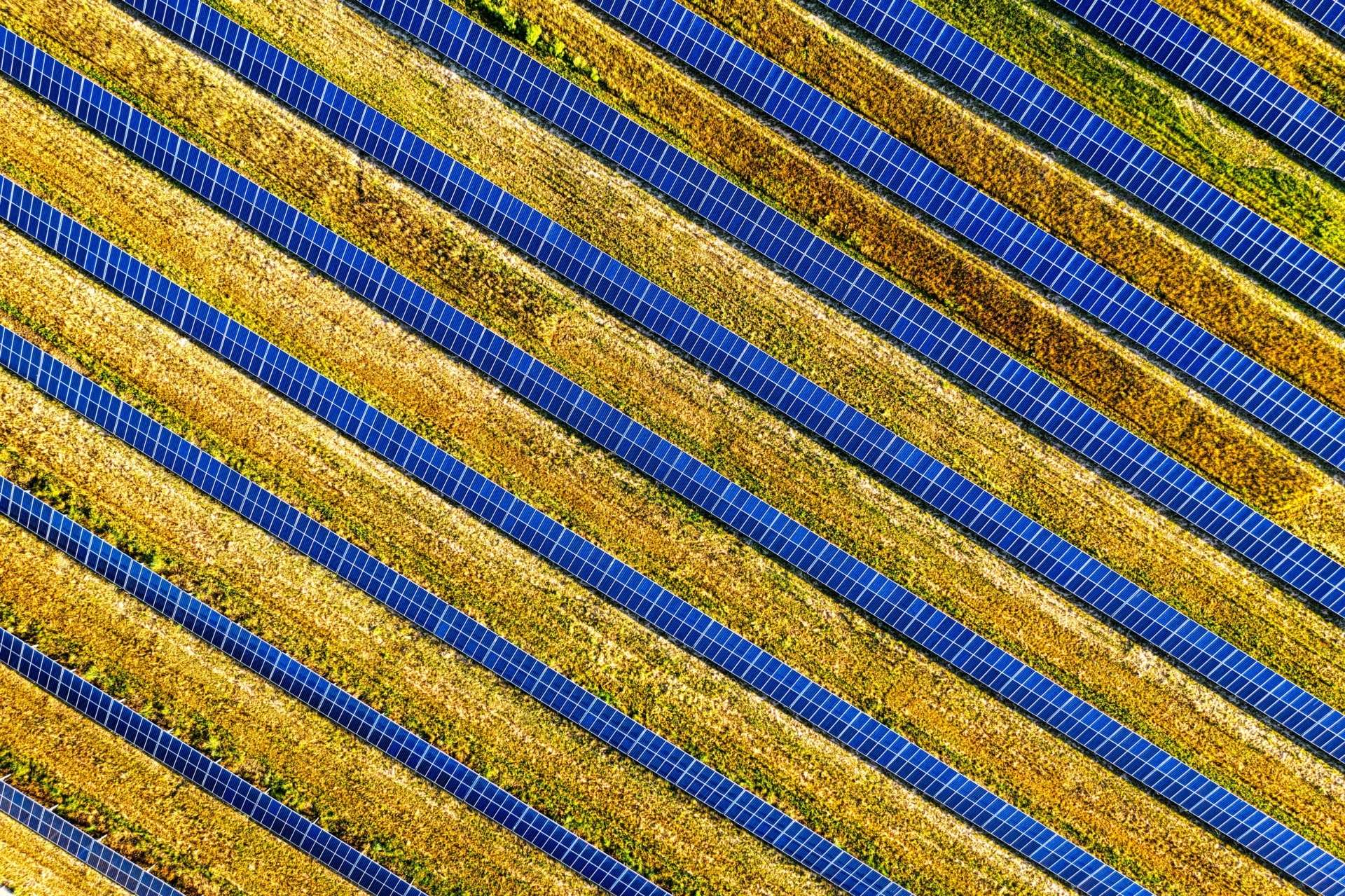The Australian government contingent at the COP28 summit will arrive in Abu Dhabi attempting to show off efforts made under Prime Minister Anthony Albanese to move the country toward net zero emissions by 2050.
But despite the country’s step up from COP pariah in 2021 to the climate club in 2023, the Australian government has also approved three new coal mines this year, and state governments are trying to reopen coal-fired power stations as a way of pushing down consumer costs.
It is this apparent contradiction that has some nations in the developing world claiming hypocrisy.
Especially when some of their most vulnerable communities are paying a price for the push to cut emissions. It becomes a matter of “energy justice.”
The science is clear: carbon emissions need to be reduced by almost half by 2030 to avoid the worst impacts of climate change but developing countries ask why they should forgo fossil fuels while rich countries like Australia profit from the surge in prices for fossil fuel exports and still argue for renewable energy targets.
To achieve net zero, the world needs to transition away from a fossil fuel-based global economy to one powered by renewable, lower-carbon energy sources like solar, wind, and natural gas.
Such projects are also the healthier and cheaper option for our planet.
The energy transition would mitigate air pollution and its health impacts, create more jobs and increase tax revenues and even boost innovation.
Many communities see these benefits.
Standalone solar grids provide people in Malawi with electricity for essential services like healthcare and water purification.
Geothermal power plants generate abundant and reliable electricity to power the Tsuchiyu Onsen town in Fukushima, Japan. Solar-based mini-grids have also provided access to electricity to almost 13,700 villages in remote Cambodia.
Yet there are injustices associated with transitioning to renewable energy that need to be countered. There are principles that should guide the way we scale up renewables in a just and sustainable way.
Over the past decade, the term ‘energy justice’ has emerged to highlight the importance of ensuring all individuals have access to clean, affordable, and sustainable energy.
It focuses on the full lifecycle of energy resources, from extraction to production to consumption.
Energy justice draws upon the three core principles of environmental justice:
- Distributive justice refers to burdens and benefits across populations.
- Procedural justice refers to who is included in decision-making to ensure that energy policies and processes are transparent and inclusive.
- Recognitional justice analyses whose voices get respected and heard, to ensure perspectives of the most vulnerable are included in planning.
Chile’s Generacion Comunitaria, is an example of an inclusive and participatory model for energy transition. Generacion Comunitaria is a partnership framework developed by the Ministry of Energy to ensure Indigenous and non-Indigenous communities develop and manage their own renewable energy initiatives.
Aside from its inclusive processes, Generacion Comunitaria policy also works to make renewable energy affordable and accessible to the local population.
Chile’s example is an exception: energy justice is generally discussed rather than practiced.
Researchers have highlighted the ways that the planning and operation of renewable energy systems can affect different groups in an unequal and unjust manner.
They argue that women, children, elderly, and rural communities with less opportunity to influence energy transition are more likely to bear the socio-economic burden of the shift to renewables.
The Democratic Republic of Congo is a stark example. There children as young as seven are exposed to cobalt-filled dust while mining for metals. Those same metals are used to make the batteries for electric cars.
In India, women face displacement and loss of their livelihoods because of the construction of a hydropower dam.
Cases of injustice appear particularly in developing economies. Energy transition projects require meaningful community engagement but several studies have highlighted the lack of recognition and respect given to local perspectives and culture.
Related Articles: How the EU Is Helping Power its Islands’ Green Transition | Does the Climate Bill Throw Environmental Justice Under the Bus? | Integrating Climate and Energy Security Into EU’s External Action | Energy Access: Refugees Need Practical Solutions – And Policy Action
In Mexico, the development of the Yucatan Solar project saw locals excluded from key decision-making. This triggered social resistance and a lawsuit was filed to permanently suspend the project.
In borderland India, coercion strategies based on manipulation and forced compromise have been used by developers, contractors and land brokers in clearing and cleaning of common lands to make way for a wind farm.
Other renewable energy projects have adverse impacts on human health. A study in Congo found chronic obstructive pulmonary disease was prevalent among those exposed to the burning of biomass, a renewable energy derived from plants and other residues from agriculture or forestry.
Emerging studies show that the renewable energy sector can affect ecosystems and biodiversity.
Some habitat loss has been attributed to the construction of geothermal facilities in Kenya’s Olkaria geothermal power plant. Other studies report a high risk of collision of bats and birds with wind generators.
A just approach to the renewable energy transition should pull together the various principles of energy justice in the planning and implementation stages. Renewable energy transitions must be done with energy justice at its core.
To do that, efforts need to be made to ensure:
- Renewable energy projects should provide tangible benefits spread across local communities;
- The burden of change should be spread so it doesn’t just fall on the most vulnerable;
- Decisions on renewables should meaningfully involve local communities; and
- The views and rights of local communities should be recognised.
The transition to renewable energy should be seen as a matter of social justice as well as a technological or economic issue.
Australia has a huge land mass and abundant renewable energy resources. It could become a global leader in the shift to renewables.
It could put justice and fairness at the heart of its energy transition effort to enhance the legitimacy of that potential leadership.
— —
This article was originally published by 360info™.
Editor’s Note: The opinions expressed here by the authors are their own, not those of Impakter.com — In the Featured Photo: Standalone solar grids can provide communities with electricity for essential services. Featured Photo Credit: Lio Voo/Pexels.












